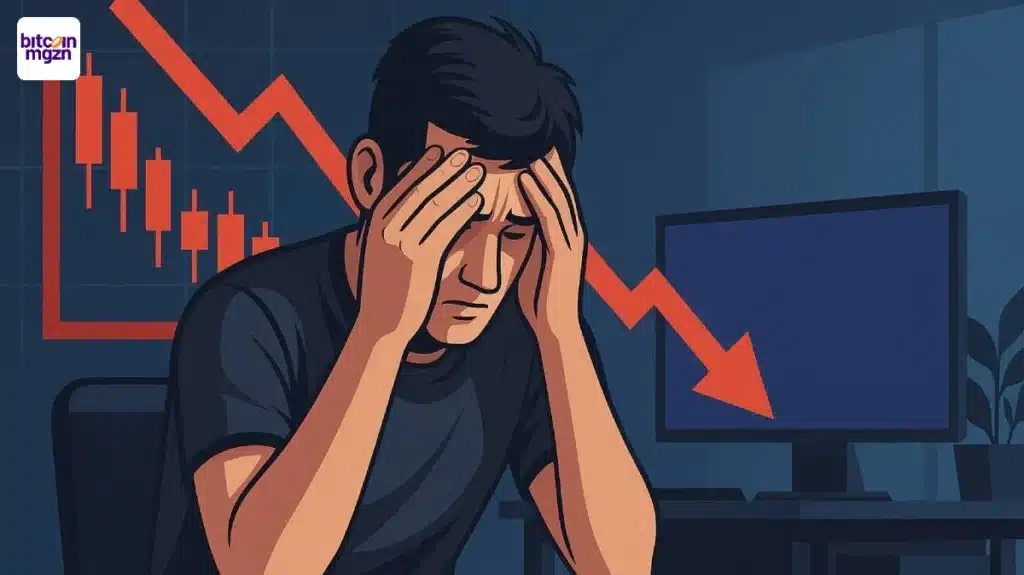Trump orders sweeping new sanctions targeting Russia’s energy sector
The US Treasury Department has on Wednesday imposed the highly anticipated sanctions on Vladimir Putin’s Russia, striking directly at the country’s energy sector after what officials described as a lack of genuine effort toward peace in Ukraine, after over nine months of trying to gently ease White House “friend” Putin into the decision.
According to the Department of the Treasury’s Office of Foreign Assets Control (OFAC), the decision is meant to cut off critical funding for the Kremlin’s war and cripple Moscow’s ability to raise revenue.
Treasury Secretary Scott Bessent said it was time “to stop the killing and for an immediate ceasefire.” Scott added that “given President Putin’s refusal to end this senseless war, Treasury is sanctioning Russia’s two largest oil companies that fund the Kremlin’s war machine.
The Treasury said it is prepared to take further action if necessary to support President Trump’s effort to end yet another war. We encourage our allies to join us and adhere to these sanctions.”
OFAC targets Rosneft and Lukoil under executive order 14024
The OFAC announcement named Rosneft Oil Company and Lukoil OAO as the main entities now facing restrictions. Both companies are central to Russia’s oil and gas industry.
Rosneft, described as a vertically integrated energy company, handles everything from exploration, extraction, and refining to transport and sales of petroleum and natural gas. Lukoil manages production, refining, and global distribution of oil and gas products.
The two companies have been designated under Executive Order 14024 for operating in Russia’s energy sector. OFAC also included several subsidiaries of Rosneft and Lukoil in the sanctions list.
Any entity owned 50% or more, whether directly or indirectly, by either of the companies is now blocked, even if not specifically named. The Annex 1 document released by Treasury lists all affected subsidiaries.
All property and interests belonging to these designated or blocked persons that are located in the United States or controlled by US persons are now frozen. They must be reported to OFAC, and unless explicitly licensed, US individuals or companies are prohibited from engaging in any transactions with these entities.
Strict penalties and global banking exposure
The Treasury warned that violations of these sanctions could bring civil or criminal penalties against the Russian companies. OFAC’s Economic Sanctions Enforcement Guidelines clarify that even unintentional breaches fall under strict liability.
Both US and foreign persons face consequences if they participate in prohibited transactions involving blocked persons or assets, said the Treasury.
Foreign financial institutions were also put on notice, with Secretary Scott saying that any bank or intermediary that facilitates significant transactions or services tied to Russia’s military-industrial base now risks being sanctioned.
If a foreign financial institution knowingly carries out or facilitates transactions on behalf of sanctioned persons, OFAC may restrict or prohibit correspondent or payable-through accounts within the United States. Such penalties could effectively cut foreign banks off from the American financial system.
The Treasury said the strength of its sanction regime depends not only on adding names to the Specially Designated Nationals (SDN) List, but also on removing them when appropriate. Officials said the ultimate goal of sanctions “is not to punish, but to bring about a positive change in behavior.” Those affected can file petitions for removal through OFAC’s official process.
Lastly, OFAC said that anyone listed under Executive Order 14024 could face additional export restrictions enforced by the Department of Commerce’s Bureau of Industry and Security (BIS).
Want your project in front of crypto’s top minds? Feature it in our next industry report, where data meets impact.
You May Also Like

Deze veelbelovende altcoin stopt er uit het niets volledig mee

CZ says “Tokenizing gold is not gold on the chain” and questions third-party trust
